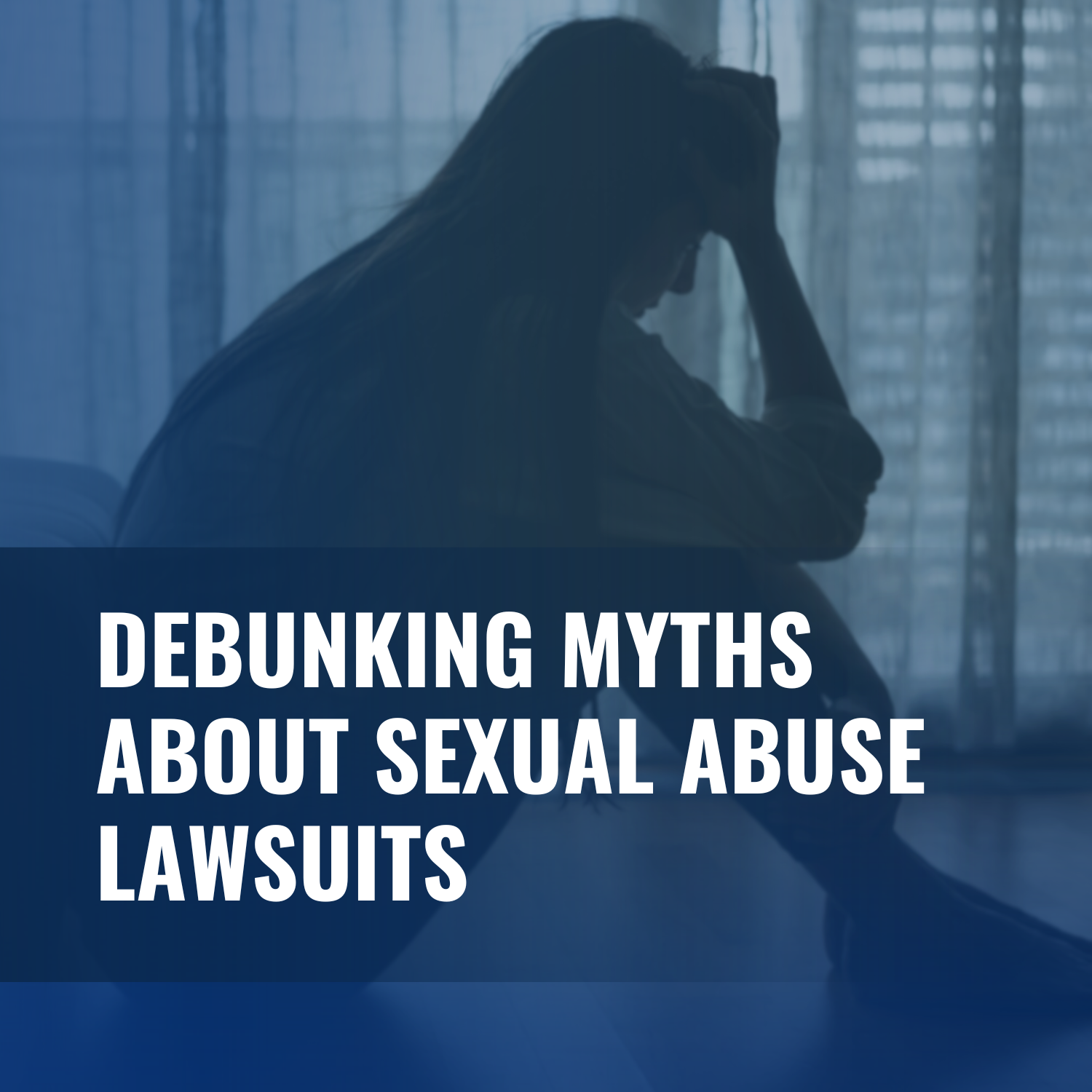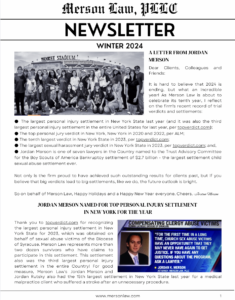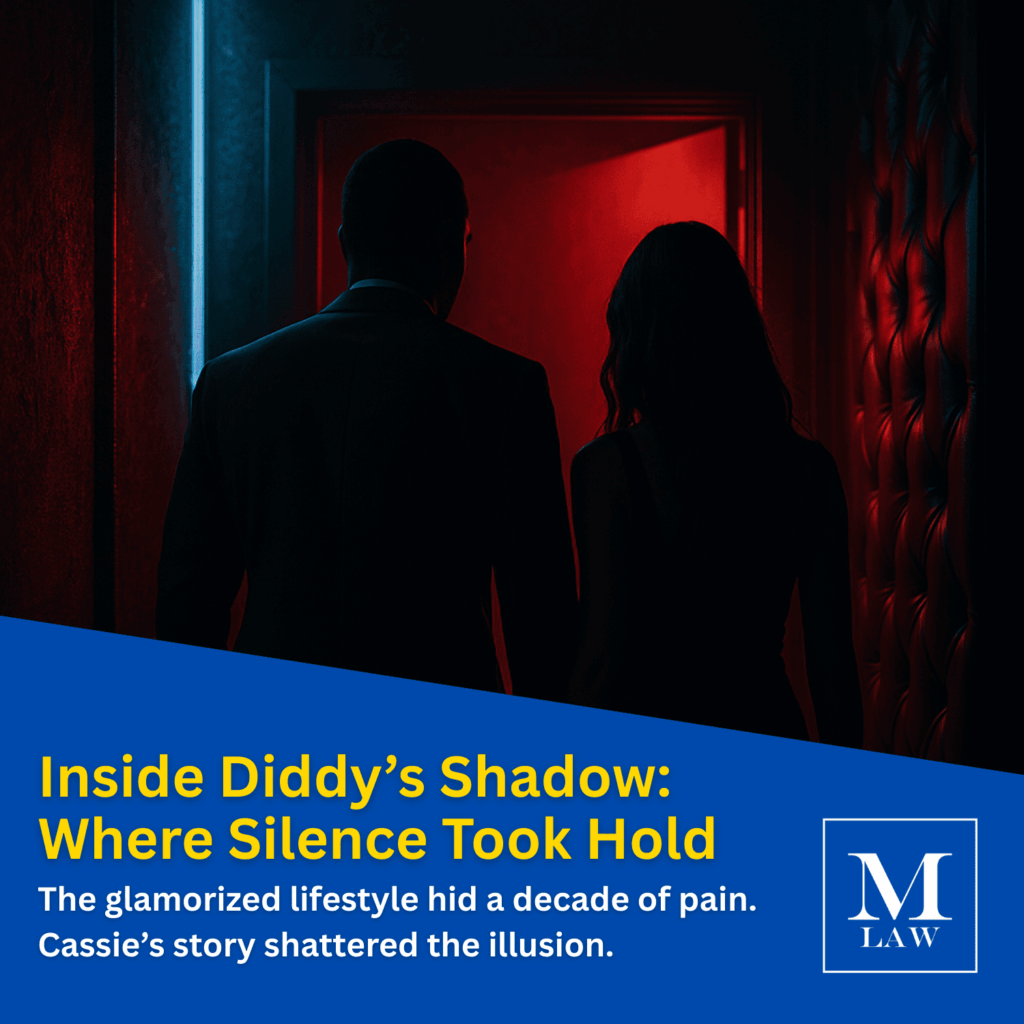Sexual abuse lawsuits are an essential avenue for survivors seeking justice and accountability. However, pervasive myths and misconceptions often deter survivors from coming forward or filing a claim. These myths perpetuate stigma and misunderstanding about the legal process, the nature of abuse, and the experiences of survivors. Let’s debunk some of the most common myths to empower survivors and shed light on the truth.
Myth 1: “False accusations of sexual abuse are common.”
Reality: False allegations of sexual abuse are extremely rare. According to research, only 2-8% of reported sexual assault cases are determined to be false, a rate consistent with other crimes. This myth is damaging because it undermines the credibility of survivors and perpetuates a culture of disbelief. Survivors face significant emotional, societal, and legal challenges when coming forward, making the idea of widespread false reporting highly improbable.
Myth 2: “Most sexual abuse lawsuits involve strangers.”
Reality: Contrary to the stereotype of “stranger danger,” most sexual abuse is committed by someone the victim knows. This can include family members, friends, coworkers, or authority figures. Survivors may hesitate to file a lawsuit against someone they know due to fear, loyalty, or manipulation, but understanding this reality is crucial for dismantling misconceptions about abuse.
Myth 3: “If there are no physical injuries, it wasn’t really abuse.”
Reality: Sexual abuse does not always leave physical evidence. Coercion, manipulation, and psychological pressure can result in abuse that is no less valid or damaging than incidents involving physical force. Courts increasingly recognize the psychological trauma associated with non-violent abuse, emphasizing the importance of survivor testimony and expert analysis.
Myth 4: “Men cannot be victims of sexual abuse.”
Reality: Sexual abuse affects individuals of all genders. While women and girls are statistically more likely to experience abuse, men and boys are also victimized. Societal stereotypes often prevent male survivors from coming forward due to shame or fear of being dismissed. Sexual abuse lawsuits exist to provide justice for all survivors, regardless of gender.
Myth 5: “The legal process will retraumatize survivors.”
Reality: While pursuing a lawsuit can be emotionally challenging, many survivors find empowerment in holding perpetrators accountable. Modern legal practices prioritize trauma-informed approaches, ensuring that survivors receive support and sensitivity throughout the process. Law firms specializing in sexual abuse cases work closely with clients to navigate the legal system with as little additional distress as possible.
Myth 6: “It’s too late to file a lawsuit if the abuse happened years ago.”
Reality: Many states have reformed statutes of limitations for sexual abuse cases, allowing survivors more time to come forward. For instance, New York’s Child Victims Act and Adult Survivors Act provide extended windows for filing lawsuits, even for decades-old cases. Survivors should consult with experienced attorneys to understand the laws in their jurisdiction.
Myth 7: “Sexual abuse lawsuits are only about money.”
Reality: While financial compensation is a component of many lawsuits, the primary goals for survivors often include accountability, justice, and systemic change. Lawsuits can compel organizations to implement safer practices, protect future victims, and publicly acknowledge wrongdoing. Compensation also helps survivors access therapy, medical care, and other resources necessary for healing.
Why Debunking These Myths Matters
Misinformation about sexual abuse lawsuits creates barriers for survivors seeking justice. By challenging these myths, we foster a culture of understanding and support. Survivors deserve to be believed, validated, and guided through a legal system designed to address their needs.
Steps for Survivors Considering a Lawsuit
If you or a loved one has experienced sexual abuse and are considering legal action, here are steps to take:
- Consult a Specialized Attorney: Seek a law firm experienced in sexual abuse cases. They will provide tailored advice and guide you through the process.
- Document Your Experience: Gather any evidence, such as medical records, correspondence, or witness statements, to support your claim.
- Understand Your Rights: Learn about the statutes of limitations and legal options in your state.
- Access Support Resources: Engage with counselors, advocacy groups, or support networks for emotional and practical assistance.
How Merson Law Can Help
At Merson Law, we specialize in representing survivors of sexual abuse with compassion and expertise. Our team understands the unique challenges survivors face and is committed to providing a supportive, client-centered approach. We’ll help you navigate the legal process and fight for justice, accountability, and the compensation you deserve.
If you’re ready to take the first step or have questions about your legal options, contact us today for a confidential consultation.
Sources:
National Sexual Violence Resource Center
RAINN (Rape, Abuse & Incest National Network)
U.S. Department of Justice
Our Resilience
Child Victims Act – New York State
Adult Survivors Act – New York State








